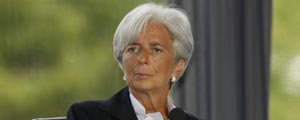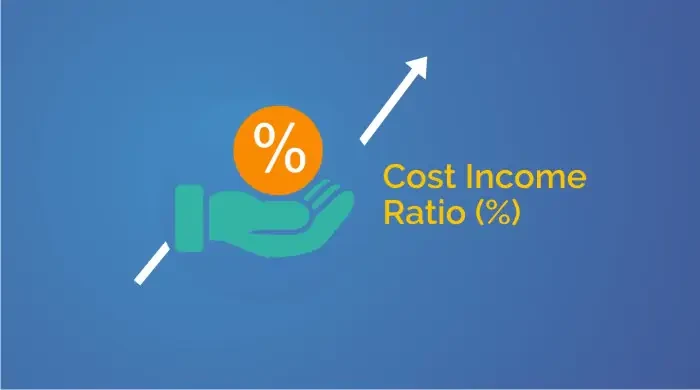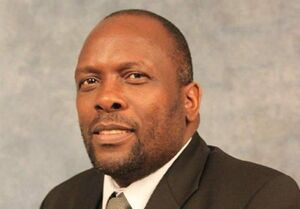
MEXICO CITY – The world’s leading economies gave themselves a bit more wiggle room on Monday to meet targets for cutting budget deficits rather than risk worsening a slowdown in many countries, chief among them the United States.
Report by Reuters
Meeting a day before the US presidential election, which is being disputed largely on tax and spending issues, the Group of 20 (G20) countries worried that previous commitments to cut in half the budget shortfalls of advanced economies by the end of next year might hurt the struggling global economy.
“In light of the weak pace of global growth, they will ensure that the pace of fiscal consolidation is appropriate to support the recovery,” G20 policymakers said in a communiqué after a two-day meeting in Mexico.
The target for cutting deficits was agreed at a summit in Toronto in 2010 when the global economy seemed to have gotten past the devastating financial crisis of the previous two years. It now looks out of reach for some economies, including the US, as growth has slowed.
“The objective is for 2013 and there is a slight tendency to overshoot,” said Christine Lagarde, the International Monetary Fund’s managing director.
She noted the language on fiscal issues “has evolved” and took account of situations in different countries.
While the US needs to bring its deficits under control – its budget gap surpassed $1 trillion for the fourth year in a row in fiscal 2012 – many G20 countries are more worried about a barrage of tax hikes and spending cuts due to take effect from January 1.
- Chamisa under fire over US$120K donation
- Mavhunga puts DeMbare into Chibuku quarterfinals
- Pension funds bet on Cabora Bassa oilfields
- Councils defy govt fire tender directive
Keep Reading
They were pencilled in last year to show Washington could tackle its deep budget problems. But the so-called “fiscal cliff” could tip the US economy back into recession next year and hurt world output unless Congress cuts a deal quickly after the presidential and congressional elections.
Chile’s Finance minister Felipe Larrain said there was an assumption a US deal would be done. “If we’re not able to resolve the cliff, that could be the tipping point for a much more complicated scenario in the world economy,” he said.











